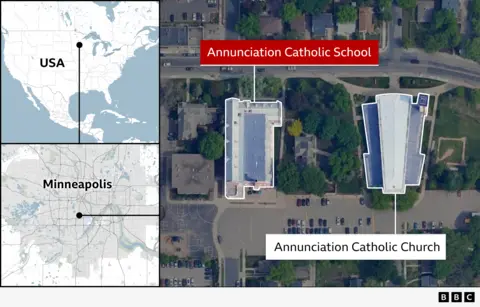In a surprising announcement, Kenyan President William Ruto has revealed plans to construct a large church at his State House residence in Nairobi. The proposed project, which is estimated to cost $9 million and accommodate 8,000 worshippers, has generated significant controversy among the public, particularly regarding the blending of state and religious institutions.
Ruto has made it clear that he will personally finance the construction and expressed that he feels no need to apologize for his decision. “I am not going to ask anyone for an apology for building a church. The devil might be angry and can do what he wants," he declared, a statement that has sparked indignation among many Kenyans frustrated with his leadership.
The announcement was met with skepticism, especially given that this move appears to contradict Kenya's secular constitution. Ruto's comments seem to dismiss concerns from critics, including politicians who argue that the nation should respect its diverse religious landscape, which includes significant populations of Muslims and adherents of various other faiths. An MP publicly denounced the idea that Kenya could be considered a Christian state, emphasizing the need for inclusivity.
While the president insists that the church is necessary, noting that he discovered a makeshift iron-sheet structure during his tenure, critics question the appropriateness of constructing a grand place of worship on government property amidst worsening economic conditions that have left many Kenyans struggling.
Ruto, who has gained a reputation as Kenya's first evangelical Christian leader—earning nicknames such as "deputy Jesus"—has often been vocal about his faith. However, his overt religious expressions and habits have resulted in alienation among certain citizens who view them as excessive.
As the plans for the church continue to develop, the conversation around the intersection of politics and religion in Kenya intensifies, raising vital questions about representation and respect for all beliefs within the nation.
















